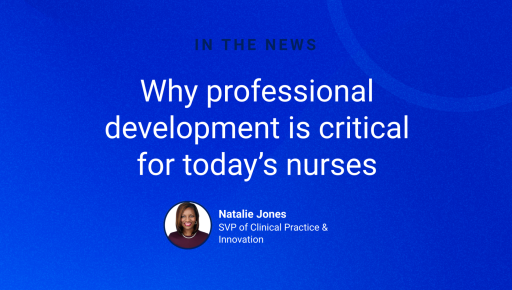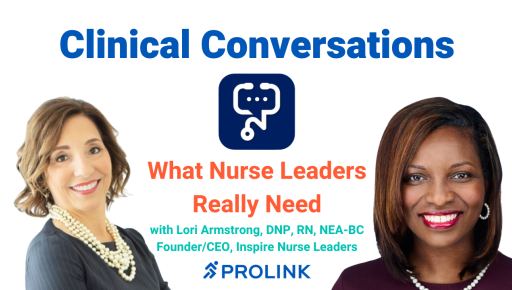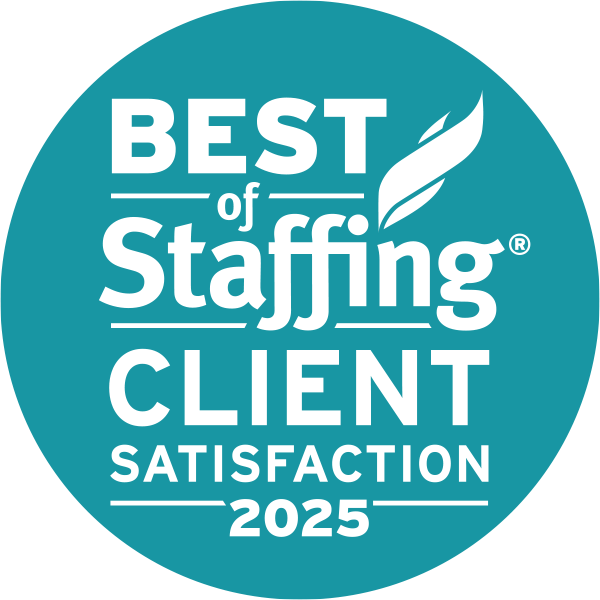Nurses not only make up the largest group of employees in the healthcare system but they also represent one of the system’s most crucial groups of workers as well. The nurses who have the most advanced responsibilities (comparable to a physician) are nurse practitioners (NPs).
Could a career as a nurse practitioner be the right choice for you? The following guide to the role and its responsibilities may help you decide.
Nurse practitioners: What they do and where they work
Nurse practitioners are Advanced Practice Registered Nurses (APRNs) who’ve earned a master’s degree as well as additional training in a specialty area, such as mental health or geriatrics. They provide primary care, analyze patient records, and order diagnostic tests, which they can also conduct and assess.
Typically, NPs work together with a healthcare team to create treatment plans. However, because of their advanced training, NPs are often able to work independently and even write prescriptions. They can also perform certain medical procedures, including the application of casts, intubation, and debridement. Counseling can also fall into their job description, though the exact services they can offer patients depend greatly on the state in which they work.

With that being said, there are many types of NPs, including family NPs who offer help to entire families, as well as acute care NPs who handle urgent medical crises for people with chronic illnesses. There are also NPs who offer oncology services, as well as those who provide neonatal care for premature or sick newborns. Psychiatric NPs are also in great demand, as they can help to diagnose and treat patients with mental illness.
NPs can work in a variety of environments. It’s common to find them in physicians’ offices, outpatient care centers, clinics, and nursing homes. Many NPs also work in the field of home health, offering follow-up care or treatment for patients who can’t leave their homes.
On average, NPs make an annual wage of $124,680.
Prolink can help find the right nursing position for you. Contact us today to get started.
NP skill sets: Technical and workplace skills
NPs must possess a number of essential technical and workplace skills, beginning with clinical training. They must have ample clinical knowledge, which comes from a combination of training and experience.
Depending on the type of NP you want to be, you’ll need specialty training in that area, as alluded to above. Potential employers will want to see that you’ve completed training programs or gained certifications in the area.
Additionally, you’ll also need to demonstrate that you can offer guidance to patients so that they can make informed decisions about their treatment. Doing so ties into one of the most important things an NP can have: communication skills. NPs have to listen to patients and communicate effectively. You must be able to demonstrate empathy and practice active listening.
Critical thinking skills, as well as a great deal of patience, are also essential. It’ll be your job to analyze symptoms in order to get the right diagnostic tests and plan the best treatment. And when dealing with difficult patients or other challenges, you must exude calmness.
One last thing, and one that’s often overlooked, is the need for physical endurance. Working as an NP can undoubtedly be tough on your mind, but it can be even more demanding on your body. You may need to spend hours on your feet or traveling from one part of a hospital to the other to retrieve tests and other important items.

How to become a nurse practitioner
The road to becoming an NP starts with earning a Bachelor of Science in Nursing (BSN) degree, which can take about four years to accomplish. Usually, you’ll be required to have the degree before being admitted to a graduate-level nursing program.
After that, you’ll need to obtain RN licensure, a process that requires passing the National Council Licensure Examination for Registered Nurses (NCLEX-RN). Once you do so, you’ll be able to work as an RN, thereby gaining experience that, while not required to move on to the next step, can help.
That next step is earning a Master of Science in Nursing (MSN) degree, which is the minimum qualification you need to become an NP. An MSN program advances your patient management skills and your clinical knowledge. That said, it can be a good idea to choose your nursing specialty before enrolling.
In addition, consider getting a Doctor of Nursing Practice (DNP) degree as well. It is the highest degree an NP can earn, and though it is not a prerequisite to work as an NP, it can increase your earning potential.
Once you graduate, you must pass the national board certification exam specific to your specialty area. In the majority of states, you won’t be able to practice until you pass the test. Most states also require that you obtain APRN licensure. After you obtain NP certification, you can apply for licensure in the state in which you will practice.
Find the right nursing position for you
If you’re thinking of becoming an NP or are close to achieving that goal, it is wise to be aware of the kinds of positions that are currently available. At Prolink, we’ll help you do exactly that, guiding you through every step of the process to achieve your career goals.
Our team is here to answer questions and to guide you through the process of applying for positions. With experienced recruiters by your side, you have the chance to find the job that best suits your needs.
No matter what your nursing specialty is, we can help you achieve your goals. Contact Prolink today to speak with one of our expert recruiters.









